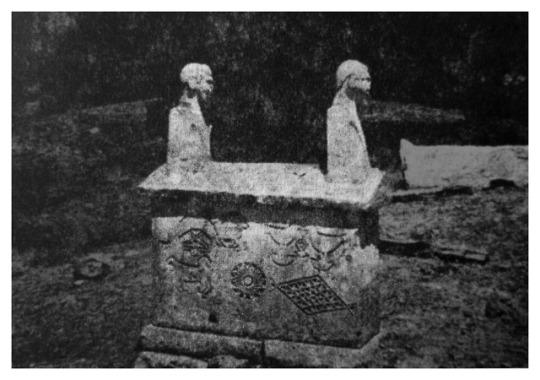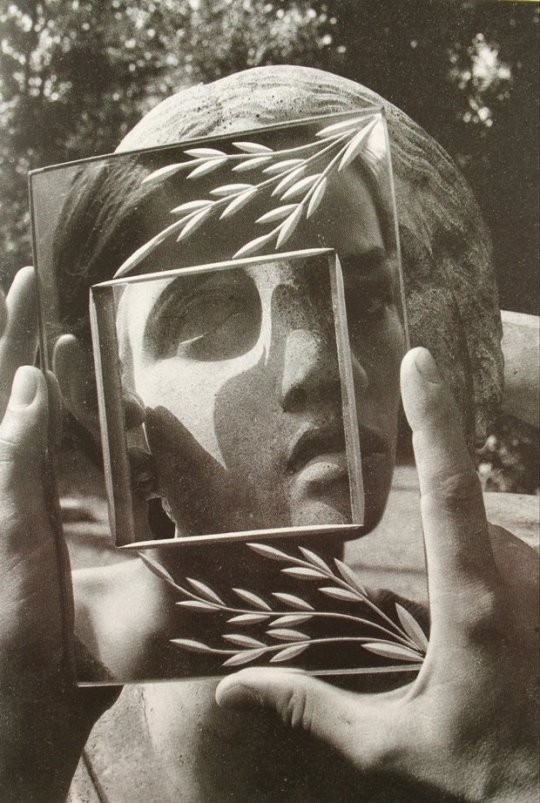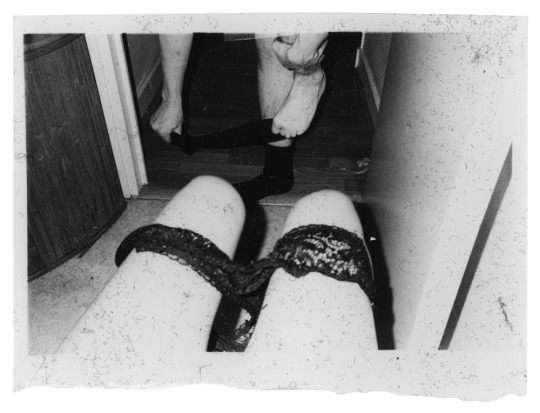segunda-feira, 29 de julho de 2019
A orfandade de estar triste
I always feel abandoned by those who are laughing and talking as if they had left me out, whereas it is I who get cut off by my own nature and separateness.
[Anais Nin]
Minha vida aquebrantada
Os séculos desfilavam num turbilhão e, não obstante, porque os olhos do delírio são outros, eu via tudo o que passava diante de mim – flagelos e delícias –, desde essa coisa que se chama glória até essa outra que se chama miséria, e via o amor multiplicando a miséria, e via a miséria agravando a debilidade. Aí vinham a cobiça que devora, a cólera que inflama, a inveja que baba, e a enxada e a pena, húmidas de suor, e a ambição, a fome, a vaidade, a melancolia, a riqueza, o amor, e todos agitavam o homem, como um chocalho, até destruí-lo, como um farrapo. Eram as formas várias de um mal, que ora mordia a víscera, ora mordia o pensamento, e passeava eternamente as suas vestes de arlequim, em derredor da espécie humana. A dor cedia alguma vez, mas cedia à indiferença, que era um sono sem sonhos, ou ao prazer, que era uma dor bastarda. Então o homem, flagelado e rebelde, corria diante da fatalidade das coisas, atrás de uma figura nebulosa e esquiva, feita de retalhos, um retalho de impalpável, outro de improvável, outro de invisível, cosidos todos a ponto precário, com a agulha da imaginação; e essa figura – nada menos que a quimera da felicidade – ou lhe fugia perpétuamente, ou deixava-se apanhar pela fralda, e o homem a cingia ao peito, e então ela ria, como um escárnio, e sumia-se, como uma ilusão.
[Machado de Assis]
Quem te disse que o amor não é afinal o coração a persignar-se?

[Twin-human-headed tomb with mystical patterns in a Zaza cemetery, Turkey]
Aguardo o retorno de quem não virá, não jamais virá
no help for that
there is a place in the heart that
will never be filled
a space
and even during the
best moments
and
the greatest times
times
we will know it
we will know it
more than
ever
there is a place in the heart that
will never be filled
and
we will wait
and
wait
in that space
[Charles Bukowski]
Tens olhos azuis, penso, tens olhos como eternidade orbitando
Dentro do grande túnel digo-te a vida
esta nuvem que vai para o centro da cidade leve e rosada
como a proa de um barco
bateira que me trás os dados e a roleta onde no branco
ou no preto devo jogar
jogando-me contigo
bem-me-quer
malmequer
ou muito ou pouco
ou nada
o que só com as mãos pode ser soletrado
só nos teus olhos nos teus olhos escrito
[Mário Cesariny]
esta nuvem que vai para o centro da cidade leve e rosada
como a proa de um barco
bateira que me trás os dados e a roleta onde no branco
ou no preto devo jogar
jogando-me contigo
bem-me-quer
malmequer
ou muito ou pouco
ou nada
o que só com as mãos pode ser soletrado
só nos teus olhos nos teus olhos escrito
[Mário Cesariny]
O céu de Agosto em tuas mãos nas minhas costas
Sim – digo-te, pousando as mãos nos teus joelhos - desejo encontrar alguém que me ame com bondade, e saiba ler.
- Alguém que queira ressuscitar para ti?
- Sim, alguém que tenha para comigo essa memória. Alguém que deixe espaços entre as palavras para evitar que a última se agarre à próxima que vou escrever. Alguém que admita que a cartografia dos animais e da pontuação não está ainda estabelecida. Alguém que eu possa ler diferentemente depois de me ler. Alguém que dirá aos animais e às plantas que nem sempre serão servos. Alguém que ao nos amarmos se reconheça de matéria estelar.
[Maria Gabriela Llansol]
- Alguém que queira ressuscitar para ti?
- Sim, alguém que tenha para comigo essa memória. Alguém que deixe espaços entre as palavras para evitar que a última se agarre à próxima que vou escrever. Alguém que admita que a cartografia dos animais e da pontuação não está ainda estabelecida. Alguém que eu possa ler diferentemente depois de me ler. Alguém que dirá aos animais e às plantas que nem sempre serão servos. Alguém que ao nos amarmos se reconheça de matéria estelar.
[Maria Gabriela Llansol]
terça-feira, 23 de julho de 2019
Tulipas
The tulips are too excitable, it is winter here.
Look how white everything is, how quiet, how snowed-in.
I am learning peacefulness, lying by myself quietly
As the light lies on these white walls, this bed, these hands.
I am nobody; I have nothing to do with explosions.
I have given my name and my day-clothes up to the nurses
And my history to the anesthetist and my body to surgeons.
They have propped my head between the pillow and the sheet-cuff
Like an eye between two white lids that will not shut.
Stupid pupil, it has to take everything in.
The nurses pass and pass, they are no trouble,
They pass the way gulls pass inland in their white caps,
Doing things with their hands, one just the same as another,
So it is impossible to tell how many there are.
My body is a pebble to them, they tend it as water
Tends to the pebbles it must run over, smoothing them gently.
They bring me numbness in their bright needles, they bring me sleep.
Now I have lost myself I am sick of baggage——
My patent leather overnight case like a black pillbox,
My husband and child smiling out of the family photo;
Their smiles catch onto my skin, little smiling hooks.
I have let things slip, a thirty-year-old cargo boat
stubbornly hanging on to my name and address.
They have swabbed me clear of my loving associations.
Scared and bare on the green plastic-pillowed trolley
I watched my teaset, my bureaus of linen, my books
Sink out of sight, and the water went over my head.
I am a nun now, I have never been so pure.
I didn’t want any flowers, I only wanted
To lie with my hands turned up and be utterly empty.
How free it is, you have no idea how free——
The peacefulness is so big it dazes you,
And it asks nothing, a name tag, a few trinkets.
It is what the dead close on, finally; I imagine them
Shutting their mouths on it, like a Communion tablet.
The tulips are too red in the first place, they hurt me.
Even through the gift paper I could hear them breathe
Lightly, through their white swaddlings, like an awful baby.
Their redness talks to my wound, it corresponds.
They are subtle : they seem to float, though they weigh me down,
Upsetting me with their sudden tongues and their color,
A dozen red lead sinkers round my neck.
Nobody watched me before, now I am watched.
The tulips turn to me, and the window behind me
Where once a day the light slowly widens and slowly thins,
And I see myself, flat, ridiculous, a cut-paper shadow
Between the eye of the sun and the eyes of the tulips,
And I have no face, I have wanted to efface myself.
The vivid tulips eat my oxygen.
Before they came the air was calm enough,
Coming and going, breath by breath, without any fuss.
Then the tulips filled it up like a loud noise.
Now the air snags and eddies round them the way a river
Snags and eddies round a sunken rust-red engine.
They concentrate my attention, that was happy
Playing and resting without committing itself.
The walls, also, seem to be warming themselves.
The tulips should be behind bars like dangerous animals;
They are opening like the mouth of some great African cat,
And I am aware of my heart: it opens and closes
Its bowl of red blooms out of sheer love of me.
The water I taste is warm and salt, like the sea,
And comes from a country far away as health.
Sylvia Plath
Subscrever:
Mensagens (Atom)

